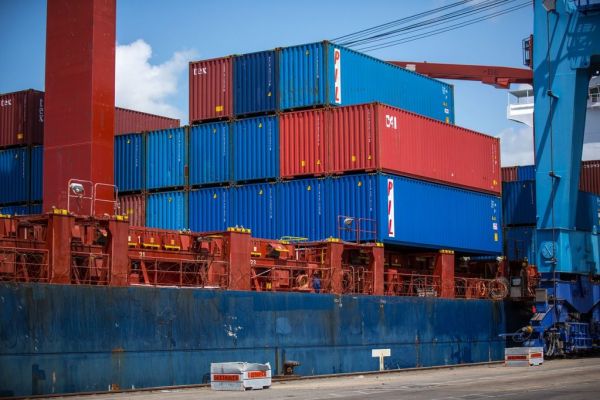The Single Market Emergency Instrument (SMEI) should focus on keeping the single market functioning, support businesses and consumers, and quickly respond to rapidly changing conditions, EuroCommerce, which represents the retail and wholesale sectors in Europe, has said.
On 19 September, the European Commission presented the new Single Market Emergency Instrument (SMEI) – a crisis governance framework to benefit citizens and businesses across the EU.
It aims to preserve the free movement of goods, services and persons and the availability of essential goods and services in the event of future emergencies.
EuroCommerce has welcomed the European Commission's proposal, including the scrutiny of whether national crisis measures are proportionate.
However, it expressed concern about the possible impact of mandatory data-sharing during a crisis where businesses will have to focus on remaining operational or even struggling to survive.
It also highlighted that the extensive powers given to the commission and member states to intervene in normal market processes under exceptional circumstances, need to be used proportionately, and what would trigger them needs to be much better defined than at present.
'Europe’s Strongest Asset'
Christel Delberghe, director general of EuroCommerce, said, “The SMEI should focus on the proper functioning of the single market in times of crisis – it is the best way to ensure that consumers have access to daily essentials. During the COVID pandemic, and now with the war in Ukraine, the single market has shown itself to be Europe’s strongest asset, especially at times of crisis.
"During COVID some member states adopted emergency measures that disrupted international supply chains, restricted the opening of stores, or prevented cross-border workers from going to work. This made it difficult for retailers and wholesalers to serve their customers at a time they particularly needed it."
EuroCommerce added that actions undermining the ability of wholesalers and retailers to supply goods to the market, such as disproportionate government or EU intervention in what they should buy or unrealistic demands for data, would be counterproductive to the aims of SMEI to keep supply chains working.
© 2022 European Supermarket Magazine – your source for the latest retail news. Article by Dayeeta Das. Click subscribe to sign up to ESM: European Supermarket Magazine.














